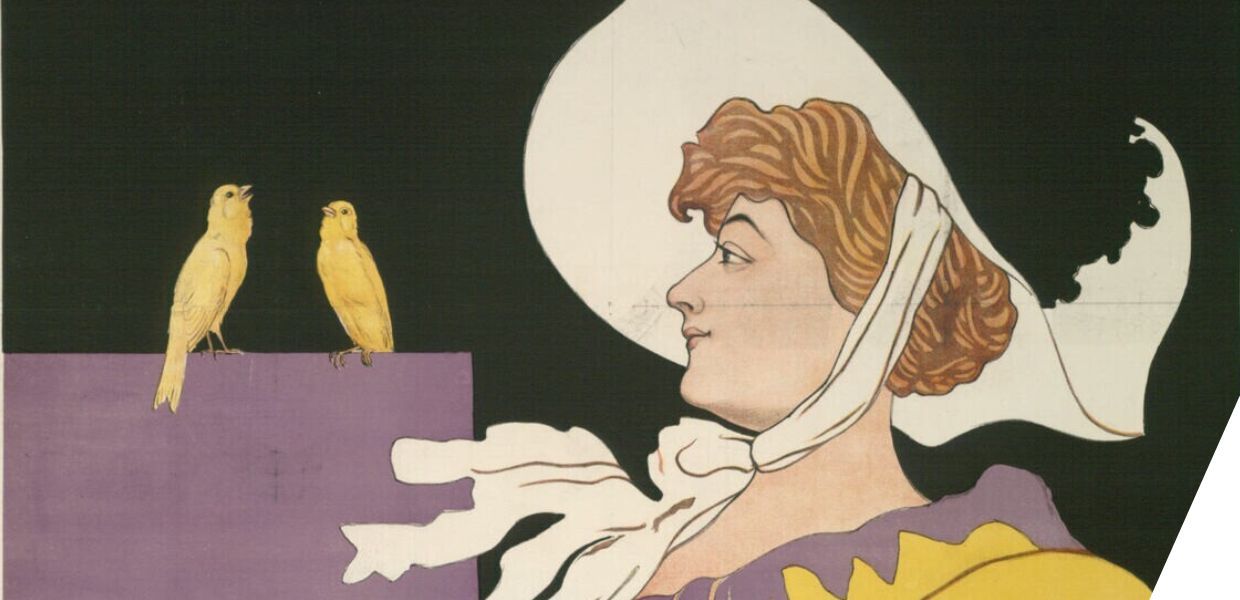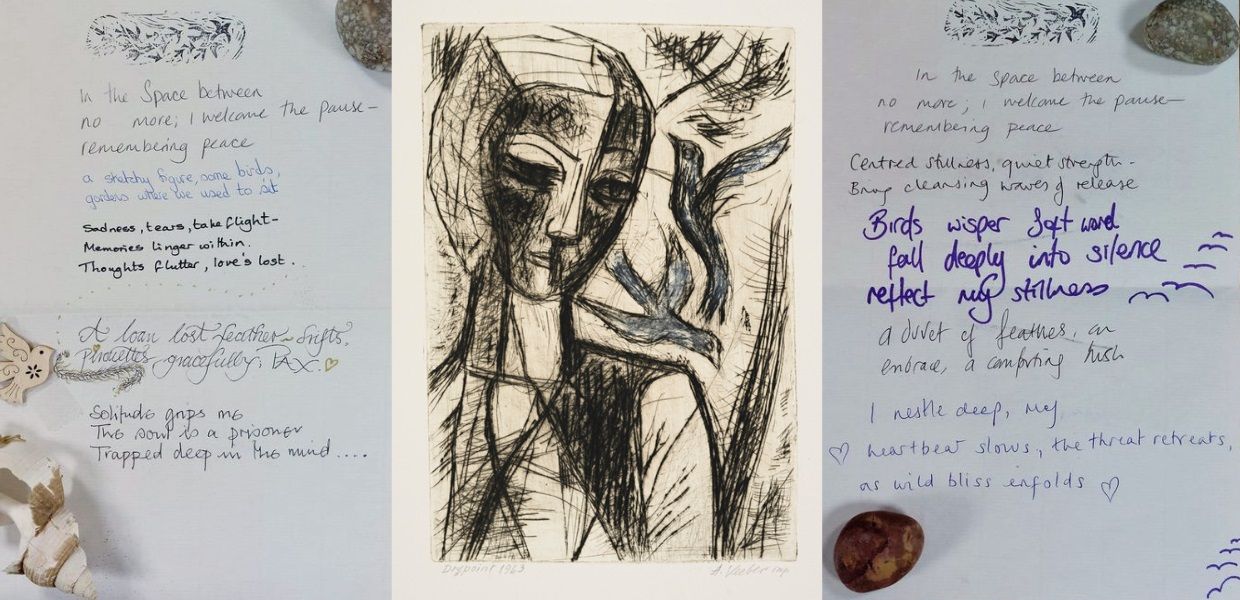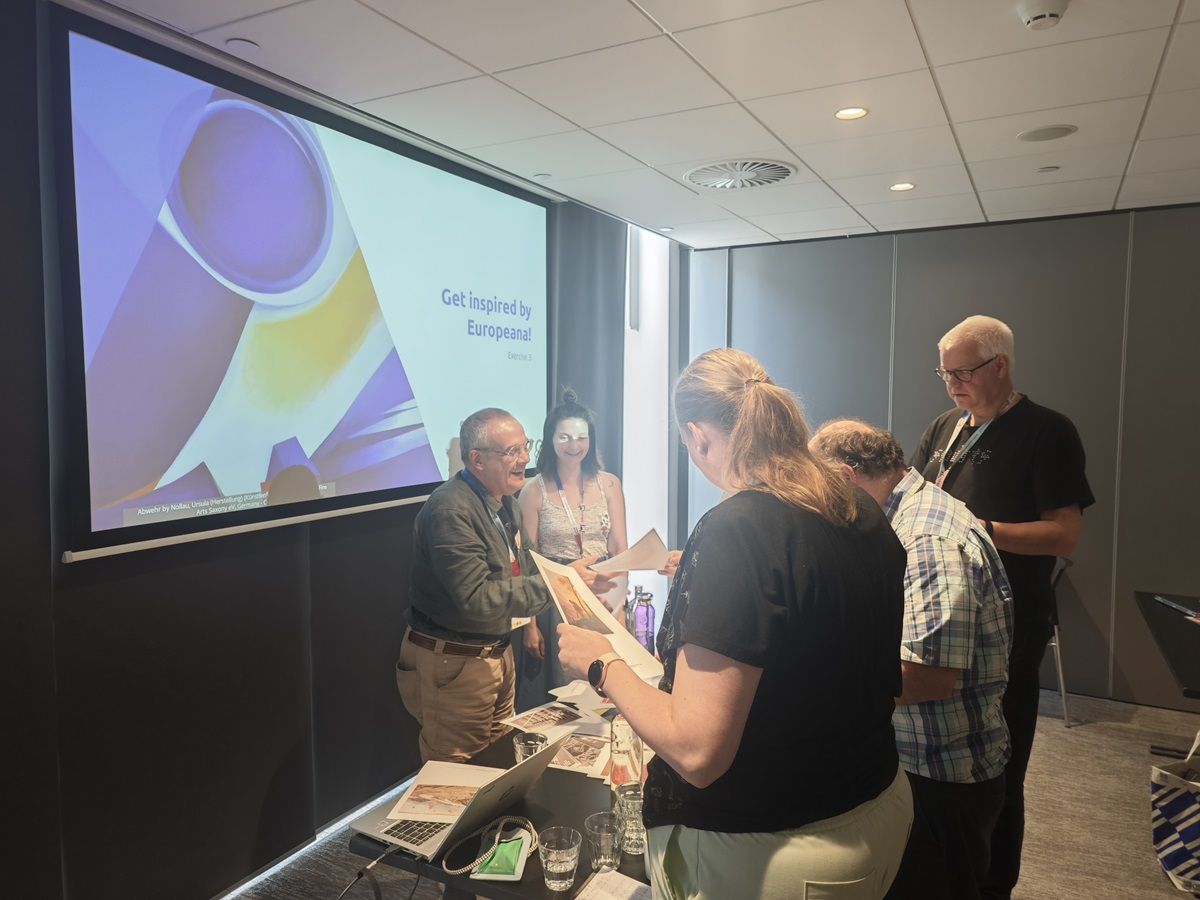We know that a repository of digital cultural heritage has a lot to offer to all sorts of people in all sorts of industries. As we explore and develop the services Europeana can offer through the data space, we are looking at the needs that those services meet in different sectors.
Equipped with the knowledge that our work and resources around digital storytelling and creative writing are always popular with our audiences at our conference, workshops and courses, we wanted to explore how Europeana.eu could support the people who support the writers of this world - think literary festivals, development agencies, publishers.
The methodology we followed is something that we can use again and something that we hope will be of use to others in the cultural sector when they start to think about approaching a new audience.
Creating audience profiles
If you want to offer a service to a particular group, it’s always important that you have a good understanding of the environment and context in which that group operates. What do they want? What do they need? Where do they find their information? How do they communicate with each other? What challenges are they facing right now?
To answer these questions for writers, we talked to some. We asked them all the same questions and listened carefully to their answers. This step isn’t about hard-selling your product, it’s about knowing where it could fit in a bigger picture.
The trends that emerged from these conversations formed our audience profile, which we validated by sharing it back with the people we had spoken to and checking that they saw it as an accurate reflection of their context.
Reaching out to networks
Now we had matched our resource to the profile of a consumer, we set about looking for ways to reach those consumers. In this case, it meant taking a step outwards from the individual writers and strategically looking to target the networks and communities in which those writers gather - that is, taking a Business-to-Business approach rather than a Business-to-Consumer approach in order to magnify our reach.
We asked Europeana Network Association members to share contacts from their own networks and also did desk research on organisations we thought would be a good fit. Then we set about contacting them. We received several enthusiastic responses and set up video calls to introduce ourselves and to explore crossovers between our mission and that of the organisations in question. These video calls were not only warm and welcoming - this community really got behind our idea of Europeana.eu as a resource for writers - they also offered up many new contacts to follow up, and a whole range of ideas of short-term and future collaborations.
Again, this step involves a lot of listening but also a bit of a pitch of what you have to offer - how can your activities fit with the target organisation? What events and services do they already offer that you can tie in with? You need to show that you can offer something to them that helps the organisation achieve their goals, and that you are genuine and trustworthy - if they’re introducing your service to their audience, then their reputation and trustworthiness is also at stake.
Carrying out pilot activities
Our timeline in this instance was fairly short. We were looking for contained activities we could complete during the summer months, which would give us an idea of the suitability of Europeana.eu as a tool for this audience, and that would allow us to test out formats and start to build working relationships with a variety of organisations. Our three pilot activities were as follows:
The Murmuration of Words. This is a ‘postal poetry’ project run by an artist in south Wales, UK, which began in January 2023. A handwritten prompt - the first line or two of a poem - is sent out to multiple groups of poets. Each poet contributes the next stanza and posts the poem to the next person in their group until it is complete. For our activity with this group, Europeana contributed a gallery of curated images from which the project selected one to use as a prompt for a new round of poems. The image was circulated to 39 poets split into 10 groups. At the time of writing, six poems from 23 contributing poets have been completed and shared on social media. At least one of these poems will be included in a printed book and a physical exhibition run by The Murmuration of Words in November 2024. We also shared an invitation to explore Europeana.eu on the project’s closed Facebook group, which was met with enthusiasm from members.




